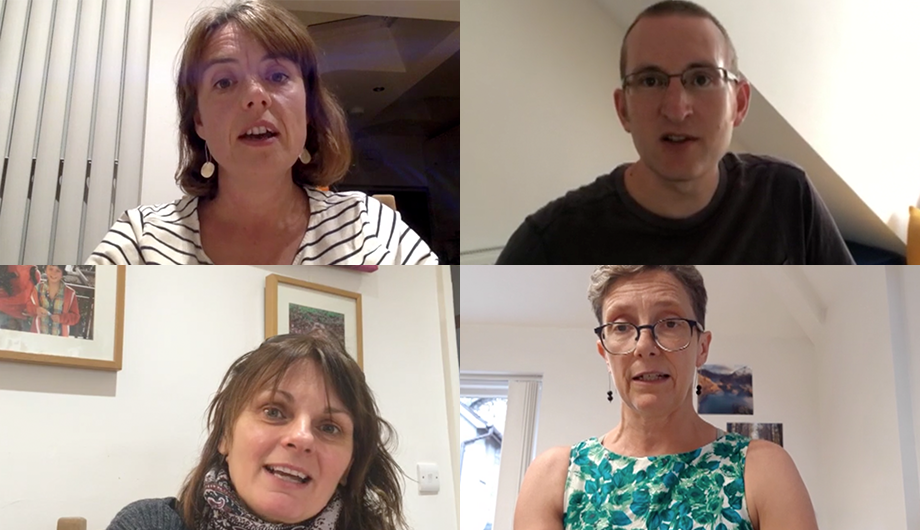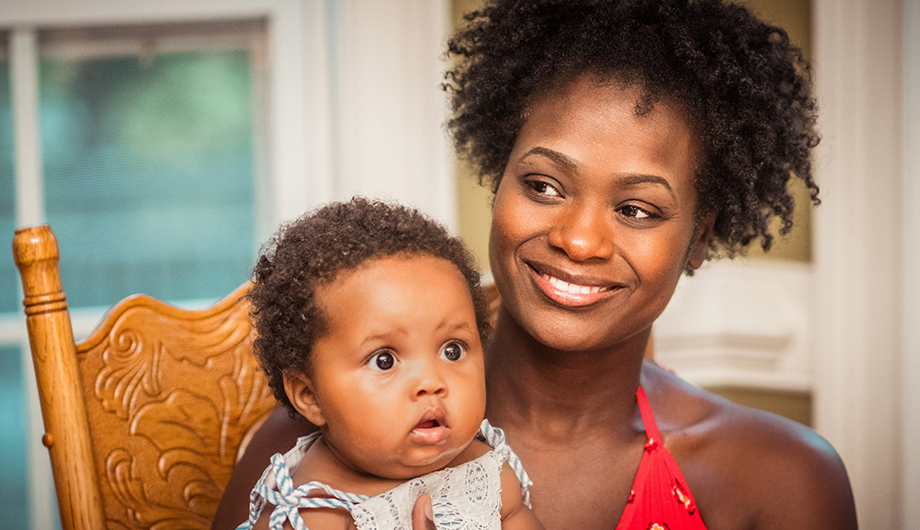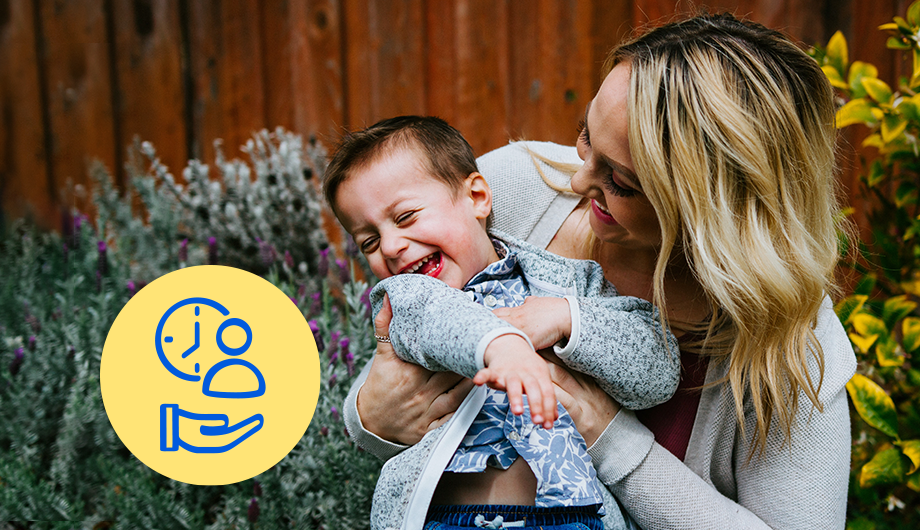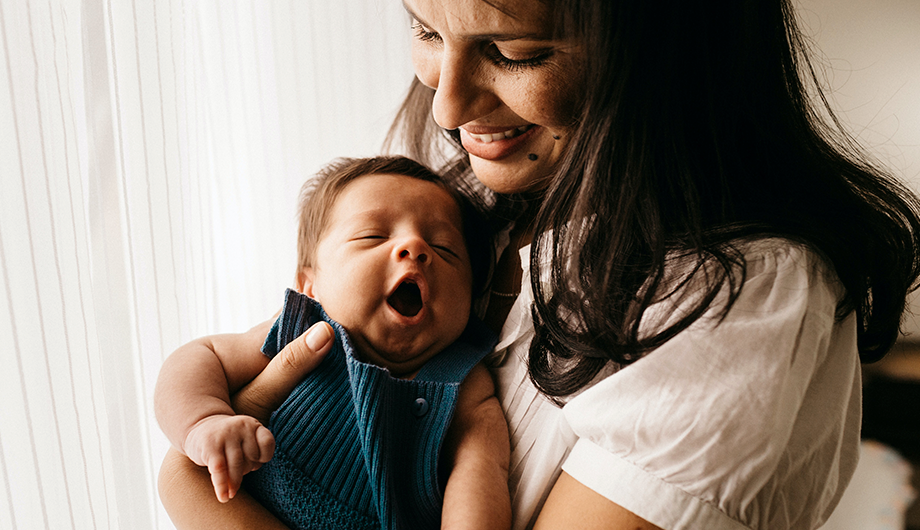Early Positive Approaches to Support (E-PAtS) is an 8-week programme for families raising a young child (five years and under) with a learning and/or developmental disability. It was developed by professionals and family carers working together and is led by Dr Nick Gore at the University of Kent. Other stakeholders including the CBF contributed to its development.
Sessions are co-delivered by 2 facilitators (one family carer and one practitioner) who both have experience of working with, or lived experience of raising, a child with a learning disability or additional developmental needs.
Read more about E-PAtS
Read more about E-PAtS in action in Newham
E-PAtS Research Study
Researchers are currently running a Randomised Control Trial (RCT) research study to test if E-PAtS improves parents’ wellbeing, compared to the support that is typically available to families of young children with learning and/or developmental disabilities. The team also want to test if E-PAtS is good value for money.
The E-PAtS RCT study began in April 2023 and will run for just over 3 years. The research team will recruit over 450 families from across the UK who have a child with a learning disability (aged 18 months to 5 years old) to take part in the research study. Half of these families will receive E-PAtS at the start, and the other half will be offered E-PAtS at the end of the research study. This will allow the research team to see how much of an impact E-PAtS has for families.
The CBF is part of the research team and support and coordinate a Parent Carer Advisory Group to ensure that the study is informed by parents with lived experience.
For more information about the research study, including where families can take part, visit the E-PAtS website by clicking on the button below:
Visit the E-PAtS RCT website
E-PAtS feasibility study
Before the RCT, the research team needed to conduct a feasibility study to test whether a large RCT can be done in the future (like a rehearsal for a future larger research study). In the feasibility study, the team found that they could get enough family carers to take part and that they stayed in the research. Families also felt E-PAtS helped support their wellbeing, and their child. Based on these findings, it was felt that E-PAtS was feasible and that the RCT could take place. It is now important to test on a larger scale if E-PAtS is helpful for families and children with a learning disability (i.e., test its effectiveness). It is also important to look at how much E-PAtS costs to run (cost-effectiveness).
The feasibility study ran from 2018 to 2020. The CBF supported and coordinated a Family Carer Advisory Group to ensure all stages of the research were informed by families with relevant lived experience. We are grateful to all the family carers who took part.
A summary of the feasibility study can be found here and a short video of the findings can be viewed below.




